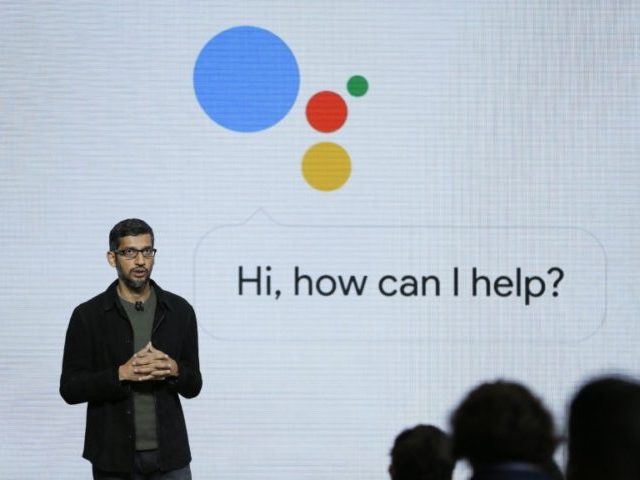A recent report outlines how social media services and search engines such as Facebook and Google handle political advertising on their platforms. The Masters of the Universe remain divided on how they believe political ads should be presented.
In an article titled “Factbox: How Social Media Services Handle Political Ads,” Reuters outlines how tech firms such as Facebook and Google handle political advertising across their various platforms as they face growing pressure to remove ads that contain false or misleading information ahead of the 2020 presidential election cycle.
Reuters explains that in the United States, the Communications Act prevents broadcast stations from rejecting or censoring ads from political candidates once they have accepted advertising for that political race. This does not, however, apply to cable networks such as CNN or to social media sites, meaning how the tech firms deal with political ads is at their own discretion.
Breitbart News recently reported that Facebook has not backed down from its decision to not fact check political ads despite intense pressure to do so. In comparison to Facebook, Twitter has outright banned political ads on its platform. Reuters described Twitter’s attitude towards political ads writing:
Twitter Inc (TWTR.N) has banned political ads. In November, it said this will include ads that reference a political candidate, party, election or legislation, among other limits.
The company also said it will not allow ads that advocate for a specific outcome on political or social causes.
“We believe political message reach should be earned, not bought,” said Twitter CEO Jack Dorsey in a statement last month.
Google does not have an outright ban on misleading or false ads but rather deals with allegations of false advertising information on a case by case basis. The Internet giant is limited how political ads are targeted, which the Trump campaign takes great issue with.
Google said on Wednesday that it would limit audience targeting for election ads to age, gender and general location at a postal code level.
The change means political advertisers can no longer target ads using data such as public voter records and general political affiliations such as right-leaning, left-leaning or independent. Advertisers can still do contextual targeting, such as showing ads to users watching a certain video.
Google and its video-streaming service YouTube prohibit certain kinds of misrepresentation here in ads, such as misinformation about public voting procedures, political candidate eligibility based on age or birthplace or incorrect claims that a public figure has died.
Read more about how Silicon Valley is handling political advertising in 2020 at Reuters here.
Lucas Nolan is a reporter for Breitbart News covering issues of free speech and online censorship. Follow him on Twitter @LucasNolan or email him at lnolan@breitbart.com


COMMENTS
Please let us know if you're having issues with commenting.